In-Person versus Online Makes Students Pine
Online vs In-Person Comparison
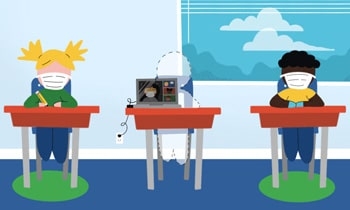
October 6, 2021

IN-PERSON VERSUS ONLINE MAKES STUDENTS PINE
In the age of Covid, would you rather be stuck at home, struggling to grasp onto concepts that are being taught to you through a screen or on campus with the risk of being exposed to a sickness that has plagued our lives for the past year and a half?
To get an inside look on how students perceive the two ways of education, multiple students here at Greenway were first asked about how they felt about online education. When asked what their favorite and least favorite part about online school was, some of the answers were overall lighthearted and pretty silly. These answers ranged from not having to pick a new outfit everyday to getting the chance to sleep in between their classes.
However, when asked about what their least favorite part about online school was, some of the students interviewed gave some more serious answers. The answers to this question happened to be more academically based, as opposed to the comfort of online learning. Students said that during the online school period it was harder to focus and that it was extremely hard to be productive for them. Students and teachers alike seem to prefer regular learning over school through a screen.

In Benedict Carey’s article “What We’re Learning About Online Learning” in The New York Times, one teacher in Orem, Utah shared her experience with having to teach during a pandemic. Basically, she was posting video lessons so that her students could go back and rewatch the lessons as needed. She had just assumed that the video lessons were working for everyone back in their homes. It wasn’t until one student decided to speak to her personally, saying that the text in the videos was hard to read. The class was already well into the unit, yet it was just now being brought to her attention that the videos uploaded were not the best in quality.
However, videos lessons like these can be used to our advantage. Greenway Teacher Ms. Marey said that she uploads video lessons she created during the pandemic to Google Classroom so that if students miss a day in person, they can go and rewatch the videos so they can be caught up. She also mentions that students use the videos for extra support, in case a concept just isn’t clicking for them. “I love seeing my student’s personalities within my room,” Ms. Marey said.
Not surprisingly, most of the reasons why students enjoy in person school focused more on the academic aspect of school, not so much the social part.

“I prefer on campus learning because I find it easier to focus and easier to keep up with. I think I’m able to learn a lot more in person compared to online,” Freshman Savannah Holly said. Being productive is a huge factor in how well students perform in school, and it can definitely be affected by either having or not having a certain routine in place.
“My favorite part about on campus education is the schedule,” Freshman Delaynee Bauer said.
According to Dee Patel’s article “Online learning’s impact on student performance” in Penn Today, final test scores decreased once students had to be transferred to entirely online learning. To be fair, if students aren’t actively present in the class and rather stuck at home, of course their abilities are going to decline over the time that they aren’t engaging. Even though this study took place across the country, students at Greenway faced some similar issues. “I just had the feeling that I wasn’t learning as much as I should have been,” Bauer said.
In Mark Jidee’s article “Top 6 Advantages of Traditional Education” in Potomac, a study showed that 70% of students do better when they are actually in the classroom, as opposed to being stuck at home. We all have different ways of learning, but the students who simply need to be present in order to understand the material really must have had a rough time last year, seeing as they quite literally could not be on campus for a majority of the 2020-2021 school year.

With all this being said, there are obviously going to be some downsides to being in person. Students have found that getting up and having come to school has been extremely draining, both mentally and physically. Others have said that they just find it anxiety inducing to be perceived by other people, especially after not being able to see them for so long.
There really isn’t an option that is 100% better than the other. Both have their pros and cons, although some of them outweigh each other. One strategy in learning might work best for one student, yet not work at all for another student, and vice versa. Even if you happen to like the same kind of learning as one of your fellow students, there might be different reasons as to why you both prefer the same thing. If you happen to have a differing opinion on which type of education you enjoy more than your peers, that’s completely fine.

Do keep in mind though that their reasoning for not sharing your opinion comes down to personal preference and comfort. It’s important to not be insensitive if you come across anyone who has the opposing type of education as their preferred way of learning.

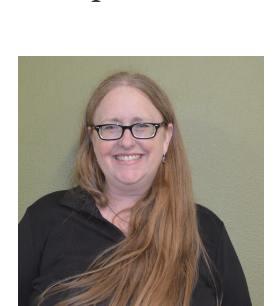
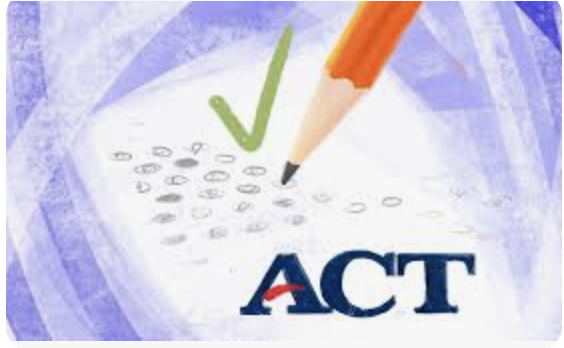









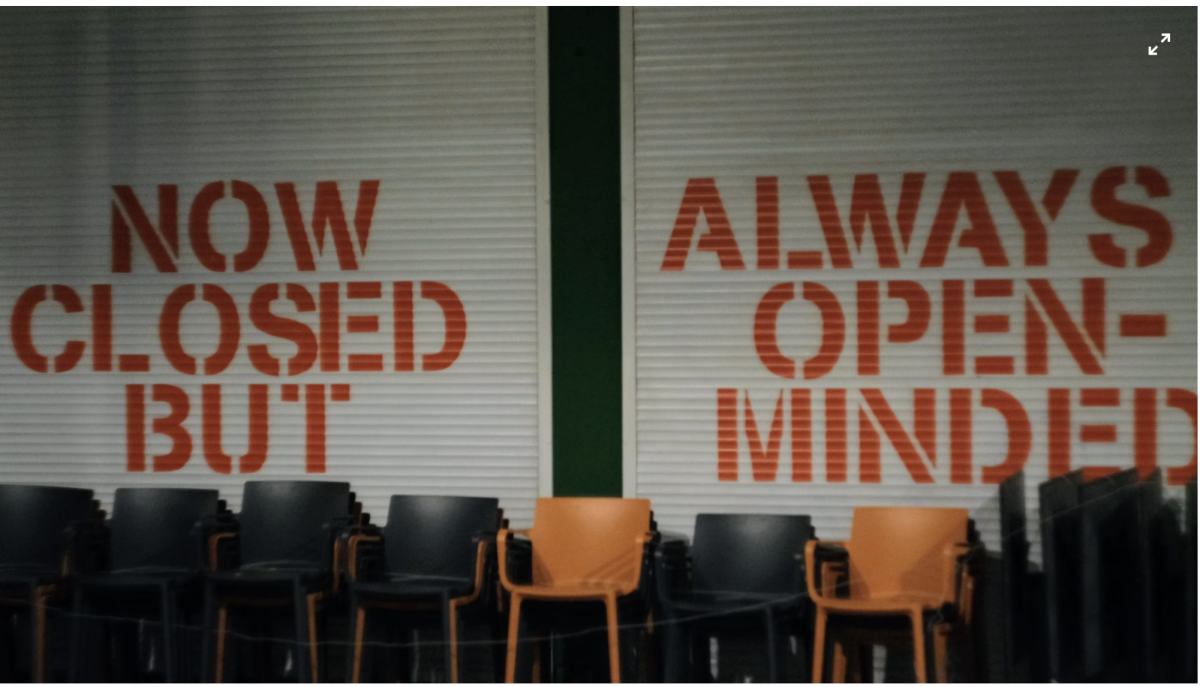
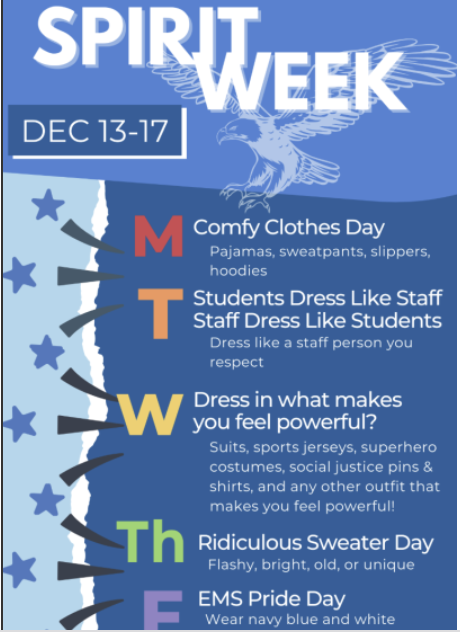


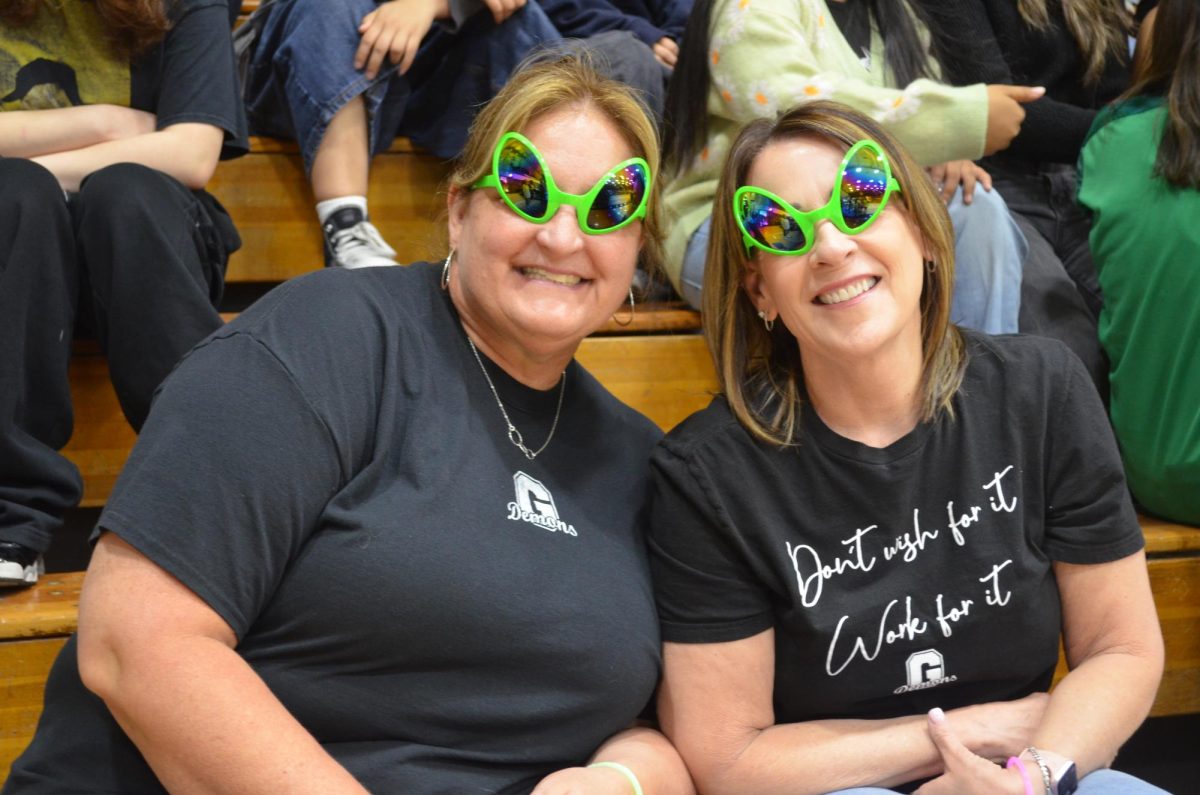


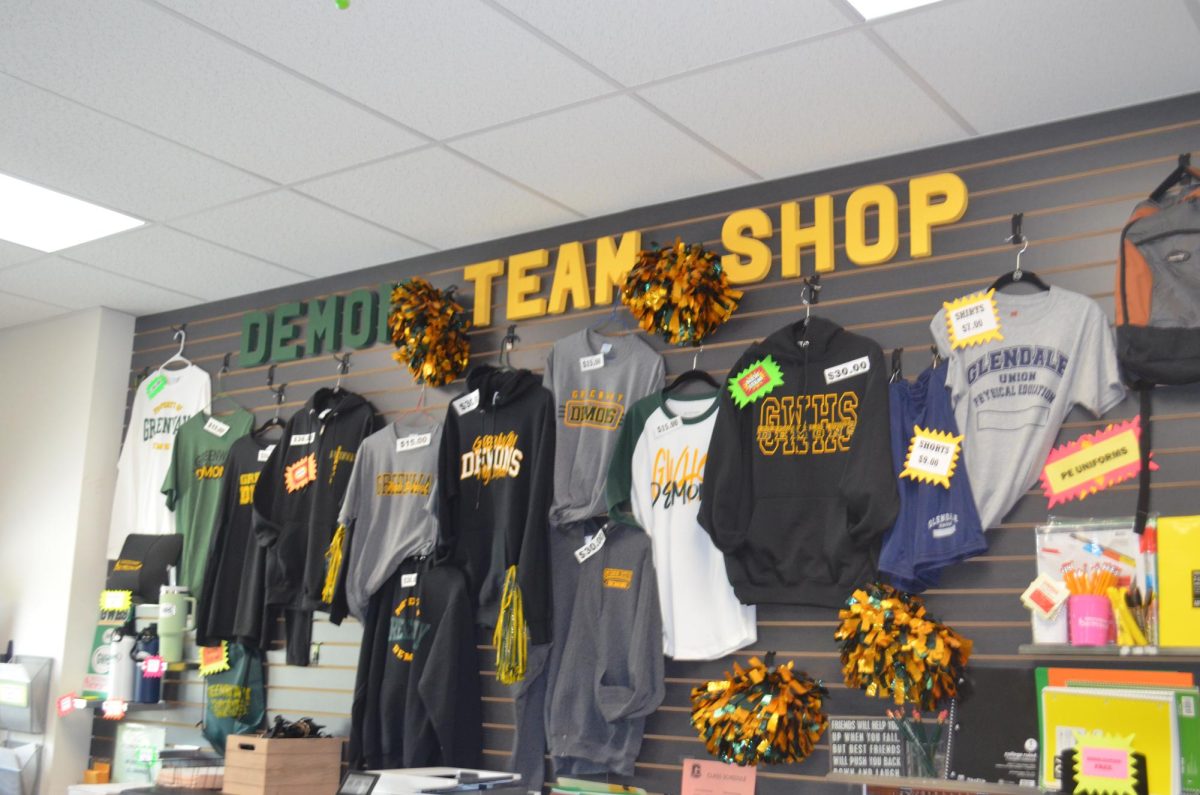
Stacie Bauer • Oct 8, 2021 at 12:19 pm
Very insightful acticle that looked at both sides of the situation.